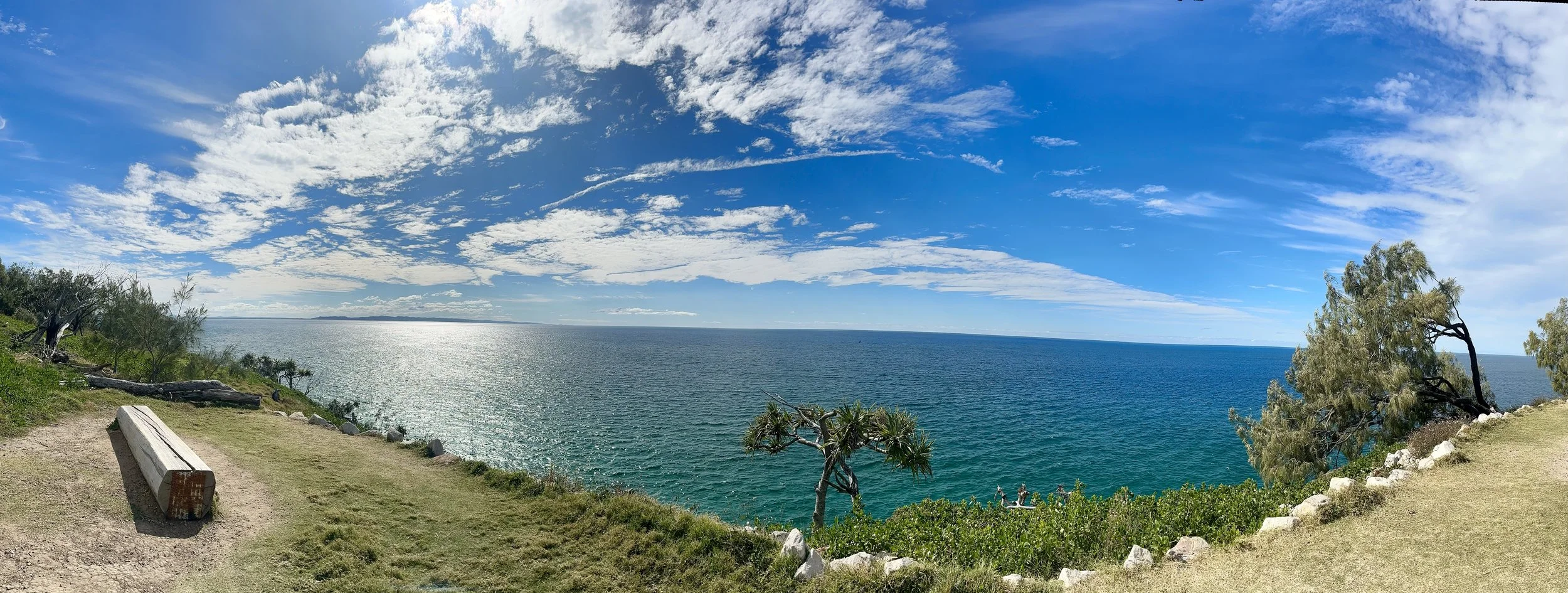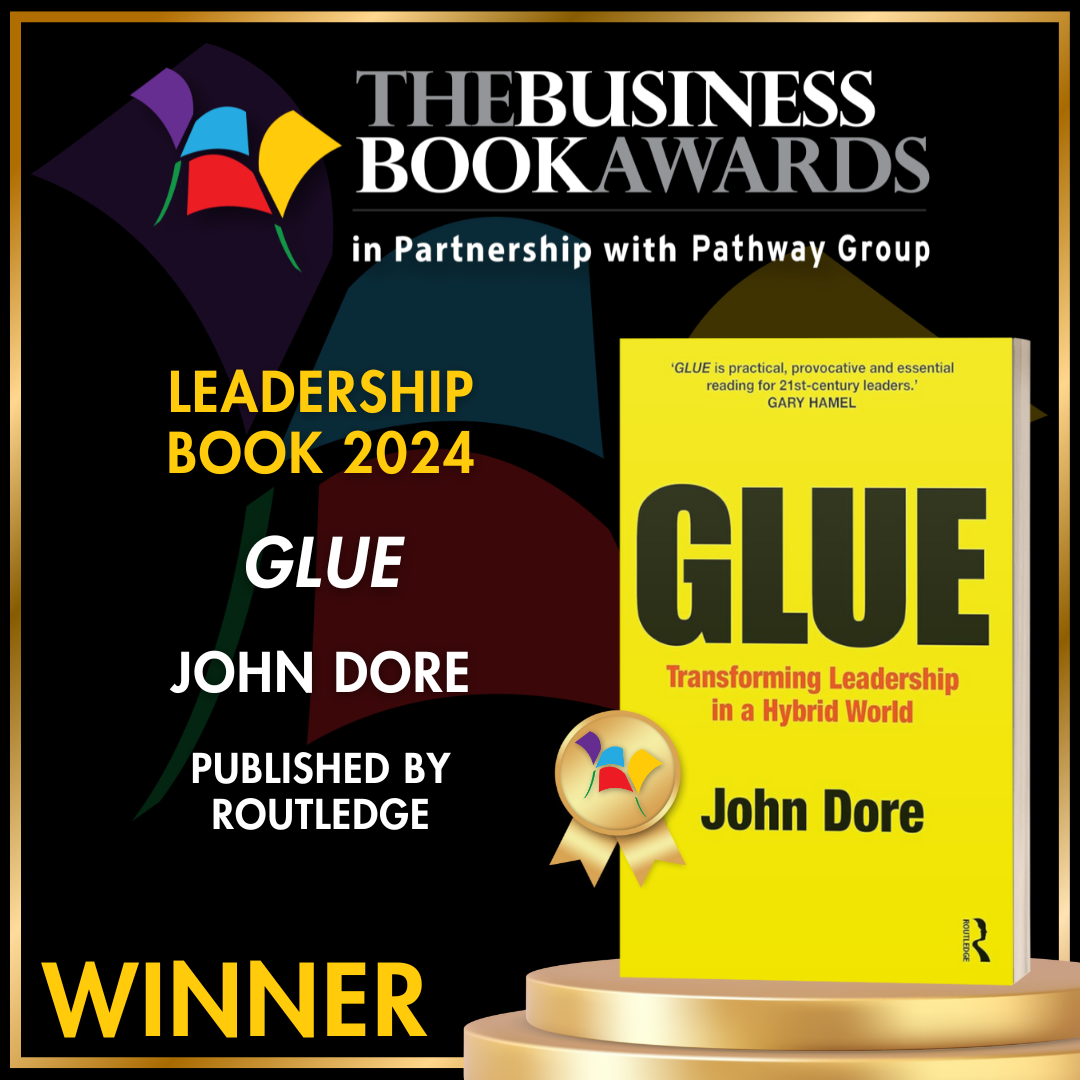A richer purpose at work
/Many mature organisations still spend much thought, time, and money, wrestling with defining their organisational purpose. Some new start-ups begin trying to solve that conundrum, before even shipping a single product, holding to Sinek’s memorable refrain; “people don't buy what you do; they buy why you do it.” A true, inspiring, story from the UK shows a different way of defining purpose; nurturing from day one and being true to that purpose for 40 years.
Julian Richer started buying and selling hi-fi separates at school when he was 14. He co-founded Richer Sounds in 1978 and led and managed the business for 41 years until he divested ownership of the business in 2019, in an unusual way. Richer is in many ways, an unusual leader, with a view of business, and a perspective on life and work, which is shaped by his deep conviction about ethical practice, and in later life, by his Christian faith. He was just 19 years old when he opened his first shop near London Bridge, selling hi-fi, TV, and audio-visual kit. The store was a hit and became listed for over 20 years in Guinness World Records as achieving the highest sales per square foot of any retail outlet in the world.
The business grew across the UK and today it now trades from 51 stores across the UK as well as online and through a telesales and business to business operation. Many employees have side-hustles as DJs, are musicians and music producers, and through Richer Unsigned, a not-for profit unit, it provides a free platform for over 3,000 unsigned bands and artists. By 2019, Richer had built what he calls a “responsible business” to a turnover to over £200 million a year. The whole business shared the value created, with reward fairly shared amongst employees, and also with 15 per cent of the company’s profits donated to some 400 charitable causes. His belief on treating staff well is not just a moral choice, it’s a business imperative:
“There is, of course, a cost involved: paying your people above the minimum and going the extra mile for customers, and even paying your suppliers on time. But the financial payback is huge. I am talking about savings from recruitment and training because your labour turnover will be tiny. Your best people who have the most experience will stay — they are a valuable commodity you surely want to hang on to. Your staff will take less time off for sickness and your shrinkage will be minuscule.”
Richer was interviewed in 2016, and announced, with some wit, that he had made plans to hand his entire business to his employees when he dies, saying he lacked a “spoilt child to run the business”. Three years later, then aged 60, he announced that he had transferred ownership to his employees by passing 60% of his shares to a trust. Each of his 500 employees, excluding directors, received a thank-you bonus of £1,000 for every year of work, with 8 years’ service being the average tenure.
He continues to be a vocal proponent of ethical business, writing a column in The Sunday Times, publishing a book in 2018 called The Ethical Capitalist, and regularly speaking about business ethics, employee engagement, fairness, and transparency. His legacy remains a firm that still makes much of its unusual ownership structure, and distinctive culture, recruiting based on natural friendliness, rather than high-pressure sales skills. The ethical approach was a founder passion, but it is also one that secured commitment and loyalty from staff and remans ingrained in the business today.
The “responsible business" is an unusual model, but by retaining an employee-owned structure, clear convictions, and explicit values, backed by generous giving, it creates a particular kind of glue between employer and employee, which in turn wins loyalty and recommendation from customers, securing numerous Which? Best Retailer awards.
Richer believes that leaders should put business in the service of society, and provide a new kinder, fairer form of capitalism. In his book he argues “ethically run businesses are invariably more efficient, more motivated and more innovative than those that care only about the bottom line.” There are many areas on which a business should choose to focus; growth, profitability, sustainability, but for Richer it is more fundamentally a choice about doing the right thing, and at the heart of that is the leader's role in treating employees well. "Our philosophy is that staff should come first.”
A Richer legacy
Richer did not delay opening his first shop until he had defined precisely what he meant by a truly “Responsible Business”; he started by selling consumer electronics, and then spent 40 years building, cultivating, and reinforcing the right way to do that, ensuring his staff were well treated and that their achievements were celebrated along the way. But because of that distinctive culture, and a deepening shared sense of doing things differently, employees stuck around for many years, and those remaining when he retired, received more than just a cash bonus as the founder’s legacy. He passed to them the firm. It is quite a story built around an inspiring leader, but is also one delivered 7 days a week, in 52 high-street shops, and on the web, by the concerted effort of over 500 committed people, somehow imbued with a kind of common glue.







